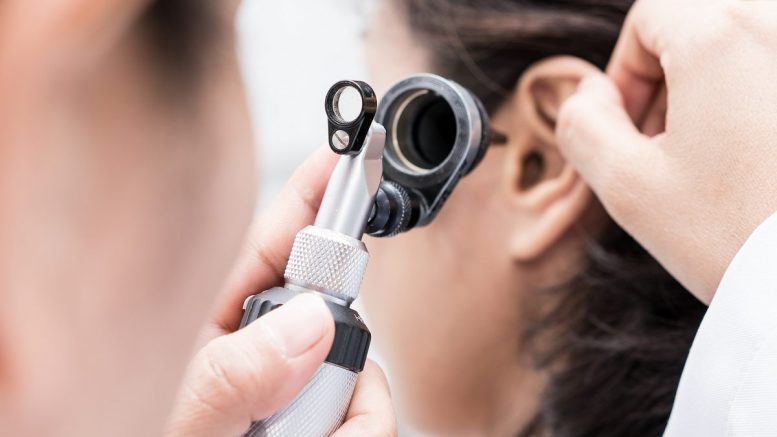Boots Hearingcare has taken a positive step towards being able to train future Hearing Aid Dispensers in-house after launching its own Qualification in Hearing Aid Dispenser (QHAD) training programme.
As the leading UK private hearing care specialist Boots Hearingcare received approval from the Hearing Care and Professions Council (HCPC) at the end of September, allowing the business to host its own training initiative that will run the duration of approximately one year.
Hearing Aid Dispenser is a title that is regulated by HCPC and is the role required in order to see and treat an adult. Once attained, it also allows the professional to diagnose a hearing-related issue, be able to refer for a medical opinion, and prescribe hearing aids.
To get to this stage, Boots Hearingcare submitted a range of details to the HCPC, including all the academic curricular and content that would be taught, which has to be mapped against all of the HCPC standards. The business was also required to evidence to them that it could operate as an academic provider and have the correct governance in place.
Spanning over the course of 2,400 hours, QHAD students will spend time at the company’s central training academy, receive online lectures, E-learning as well as in-clinic training.
The programme has been built over a number of years by Karen Shepherd, Director of Professional Standards at Boots Hearingcare, as well Emma Wilson, Head of Audiology and responsible for the training of new and existing employees. Emma was previously a lecturer, placement coordinator and audiologist at Aston University.
Karen Shepherd, Director of Professional Standards at Boots Hearingcare, said the QHAD training programme is ‘critical’ to the business’ strategy: “We’ve trained hearing aid dispensers in the past in partnership with other organisations so we have that experience. Rather than having a full BSc degree in audiology, this role can be qualified by doing a two-year foundation degree programme via a Higher Education Institution.
“In the past, we’ve partnered with Aston University to deliver that. We delivered a lot of the practical content of the foundation degree, provided clinical placements and a lot of the technology teaching side. Working with a Higher Education Institution, however, means we are constrained by the University academic year timetable, the volume of students that they have the capacity to take on, as well as the fee.
“As a result of that, we have wanted to become an approved educator by the HCPC for quite some time and develop a programme that would allow people to become a Hearing Aid Dispenser, to a level that would be recognised by the HCPC to provide eligibility to apply for registration with them.
“This is critical to our business strategy because we will have the flexibility to run cohorts of students to match the business requirements optimise the way we work during a business year. The positive of the programme is two-fold. Firstly, the students are getting real-life experiences but as a business, we’re also benefiting from having additional capacity as they progress through the programme.
“Boots Hearingcare can start taking additional cohorts of students concurrently as one group progresses to indirected supervised status. This can run on a continuous cycle giving a great opportunity to increase the workforce and provide in-house development opportunities for colleagues.”





